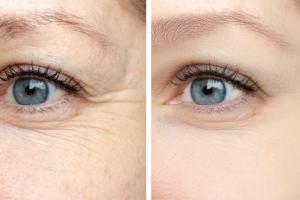In order to further strengthen and update the concept of cardiovascular health, the American Heart Association (AHA) issued a presidential advisory document, proposing the “Eight Elements of Life”, which is based on the “Seven Simple Rules of Life” (no smoking, no obesity, active exercise, healthy diet and normal blood pressure, lipids and blood sugar), with the addition of The AHA states that for adults, sleep is the most important element of life.
According to the AHA, the ideal number of hours of sleep per night for adults is 7 to 9 hours.
On October 18, a study from the UK showed that for middle-aged and older adults, sleeping ≤5 hours per night significantly increases the risk of many chronic diseases, including coronary heart disease, diabetes,, cancer, stroke, heart failure, chronic obstructive pulmonary disease, chronic kidney disease, liver disease, depression, dementia, Parkinson’s disease, and arthritis.
The analysis showed that among people aged 50, 60, and 70 years, those who slept ≤5 hours per night had a 30%, 32%, and 40% increased risk of multiple chronic diseases, respectively, compared to those who slept 7 hours per night.
Among those who slept ≥9 hours per night, only those aged 60 and 70 had a risk of multiple chronic diseases, with increases of 54% and 51%, respectively.
At age 50, those who slept ≤5 hours per night had a 20% increased risk of developing their first chronic disease; among those who already had one chronic disease, the risk of developing multiple chronic diseases increased by 21%.
The study showed no significant effect of sleep duration on the risk of death among those with pre-existing chronic conditions.
A total of 7,864 adults without multiple chronic conditions at baseline were included in the study, all of whom had data on sleep duration at age 50, with 6.9%, 32.6%, 45.6%, 13.9%, and 1.0% sleeping ≤5, 6, 7, 8, and ≥9 hours per night, respectively.
All individuals reported sleep duration at 4- to 5-year intervals during the 25-year period after age 50.


